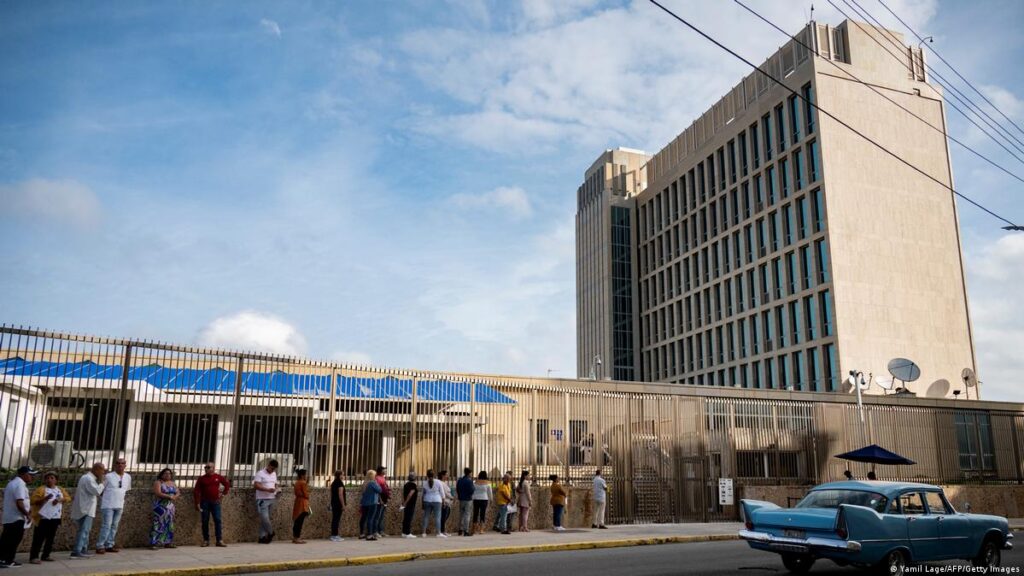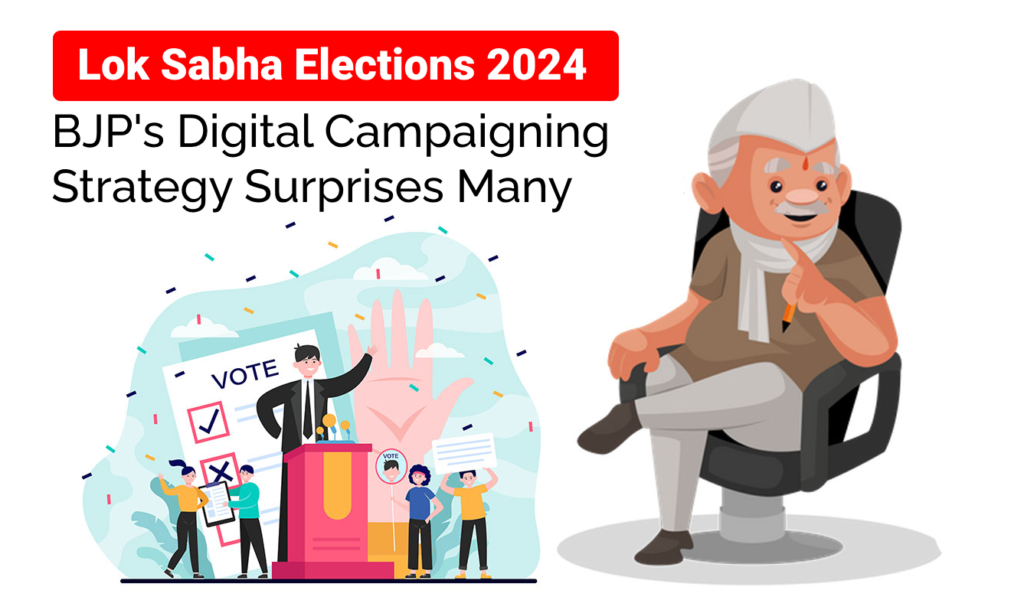The Uttar Pradesh Congress has announced a unique initiative to support the enforcement of the Places of Worship Act (Special Provisions). The party plans to send one lakh postcards to the Chief Justice of India, underscoring its firm commitment to upholding the provisions of this law.
Originally enacted in 1991, the Places of Worship Act has been a subject of intense political debate. According to a report by The Indian Express, the BJP strongly opposed the Act during its discussion in Parliament at the time, arguing against its provisions.
This move by the Congress highlights its stance on preserving the secular character of India’s religious sites, while also bringing attention to the broader legal and constitutional implications of the Act. The campaign aims to create awareness and prompt judicial intervention to reinforce the law’s mandate.
Debating Congress’s Approach to the Places of Worship Act: Questions of Bias and Prioritization
The Congress Party’s recent campaigns advocating for the Places of Worship (Special Provisions) Act have sparked controversy, with critics alleging selective outrage and appeasement politics. A recurring question arises: why focus predominantly on the concerns of one community while seemingly sidelining legitimate issues faced by others? This has led to accusations of an anti-Hindu bias in the party’s policies.
Detractors argue that Congress’s decisions often appear to disadvantage the Hindu community. They point to instances where the party has extended financial subsidies to a specific community for pilgrimages to Mecca and Medina, while offering no similar support to devotees visiting prominent Hindu temples. Moreover, critics highlight the significant budgets and broad powers granted to the Waqf Board, contrasting it with the taxation imposed on Hindu temples.
These actions, according to some, reflect a broader pattern where the party prioritizes the interests of those perceived as aligning with neighbouring nations like Pakistan or Bangladesh, over addressing the grievances of India’s Hindu majority. Such criticisms have fuelled debates on whether Congress’s policies are genuinely inclusive or driven by electoral considerations aimed at benefiting specific groups.











